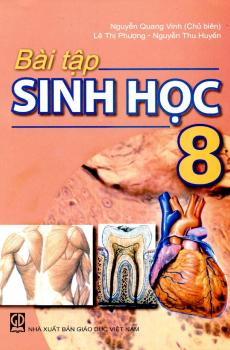The Doctrine of Evolution Its Basis and Its Scope
The Doctrine of Evolution Its Basis and Its Scope
Log in to download this book.
| Publisher | Chưa rõ |
|---|---|
| Accessible book producer | Public domain |
| Published year | 2005 |
| Coppy right | Chưa rõ |
The present volume consists of a series of eight addresses delivered as the Hewitt Lectures of Columbia University at Cooper Union in New York City during the months of February and March, 1907. The purpose of these lectures was to describe in concise outline the Doctrine of Evolution, its basis in the facts of natural history, and its wide and universal scope. They fall naturally into two groups. Those of the first part deal with matters of definition, with the essential characteristics of living things, and, at greater length, with the evidences of organic evolution. The lectures of the second group take up the various aspects of human evolution as a special instance of the general organic process. In this latter part of the series, the subject of physical evolution is first considered, and this is followed by an analysis of human mental evolution; the chapter on social evolution extends the fundamental principles to a field which is not usually considered by biologists, and its purpose is to demonstrate the efficiency of the genetic method in this department as in all others; finally, the principles are extended to what is called "the higher human life," the realm, namely, of ethical, religious, and theological ideas and ideals.
Naturally, so broad a survey of knowledge could not include any extensive array of specific details in any one of its divisions; it was possible only to set forth some of the more striking and significant facts which would demonstrate the nature and meaning of that department from which they were selected. The illustrations were usually made concrete through the use of photographs, which must naturally be lacking in the present volume. In preparing the addresses for publication, the verbal form of each evening's discussion has been somewhat changed, but there has been no substantial alteration of the subjects actually discussed.











